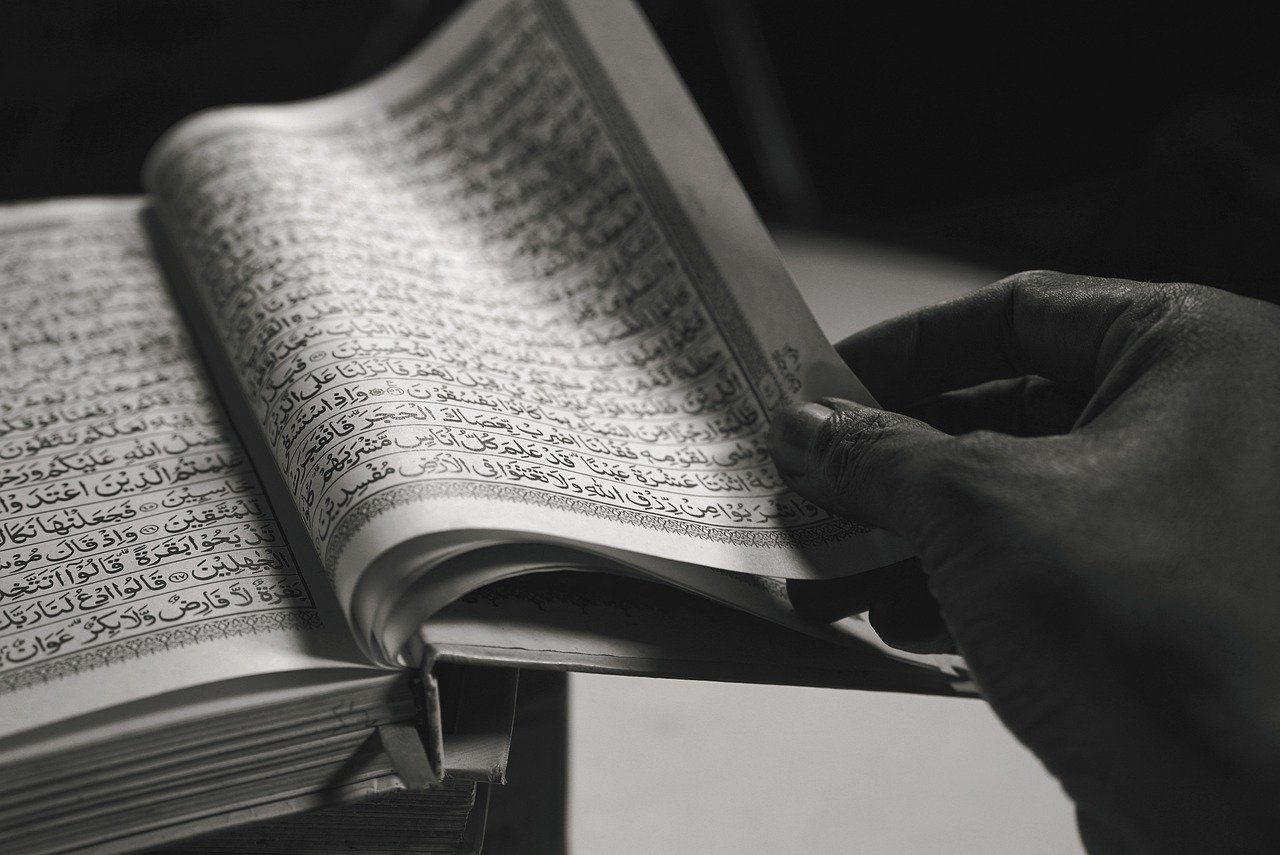
The Holy Quran, the sacred scripture of over a billion Muslims worldwide, is not merely a book—it’s a source of guidance, a beacon of light, and a testament to the oneness of God. Often, individuals curious about Islam ask, “Who made the Quran?” To understand its origins from a Muslim perspective, one must delve into the essence of Islamic teachings and history.
In the heart of every Muslim, the Quran holds an unparalleled position. It is considered the literal Word of َAllah, revealed to the Prophet Muhammad (peace be upon him) over a span of 23 years. Unlike any other book, the Quran remains unchanged since its revelation in the 7th century, preserved in its original language—Arabic.
The origins of the Quran trace back to the Prophet Muhammad (peace be upon him) and the revelations he received from Allah through the Angel Gabriel (Jibreel in Arabic). These revelations, received in stages, addressed various aspects of life, morality, law, and guidance for personal conduct.
Starting in the month of Ramadan, in the Cave Hira on the outskirts of Mecca, the first verses came down: “Read in the name of your Lord who created. Created man from a clot. Read, and your Lord is the Most Generous—Who taught by the pen—Taught man that which he knew not.” (Quran, 96:1-5)
Don’t want to go through the translation anymore?
30 free minutes with your qualified Egyptian teacher.
Throughout his prophethood, Prophet Muhammad (peace be upon him) would memorize the revelations and instruct his companions to record them. These companions, known as the Sahabah, wrote the verses on various materials—bones, leaves, leather—and many memorized the entire Quran, a tradition that continues today with millions of Hafiz (memorizers of the Quran) worldwide.
After the Prophet’s demise, to ensure the Quran’s preservation, the third Caliph, Uthman ibn Affan (may Allah be pleased with him), compiled these writings into a single book form. This compilation, known as the Mushaf, is what Muslims use today.
Muslims believe the Quran is a miracle in various aspects:
Linguistic Excellence: The Quran’s unparalleled Arabic eloquence challenges humanity to produce a verse like it, yet none have succeeded.
Scientific Insights: There are verses that highlight natural phenomena, which were unknown in the 7th century but are recognized by modern science today.
Consistency and Preservation: Despite being revealed over two decades in different circumstances, the Quran remains consistent in its message. Moreover, its preservation without alteration is seen as a miraculous sign by believers.
Each chapter (Surah) and verse (Ayah) of the Quran has its own historical and situational context, known as Asbab al-Nuzul or the reasons for revelations. These contexts provide insights into the socio-political, moral, and spiritual challenges faced by the early Muslim community. By studying them, we can better understand how the Quran provided guidance in real-world situations.
For example, Surah Al-Kahf, a chapter frequently recited on Fridays by Muslims, contains parables and stories that address issues of faith, patience, and the transient nature of this world.
The Quran encompasses a myriad of themes, from monotheism to moral principles. Some pivotal themes include:
Tawheed (Monotheism): Emphasizing the Oneness of God and refuting polytheism.
Prophethood: Detailing the lives and challenges of prophets sent to various nations.
Day of Judgment: Descriptions of the afterlife, heaven, and hell, to instill accountability and consciousness of the Divine.
Social Justice: Advocating for the rights of the weak, orphans, and promoting equitable economic systems.
Tajweed refers to the set of rules governing the correct pronunciation of Quranic verses. Muslims believe in reciting the Quran in the manner it was revealed, and thus, over centuries, scholars have established meticulous rules to ensure its proper articulation. This science not only enhances the beauty of the recitation but also avoids misinterpretations.
One of the aspects that continue to fascinate scholars and scientists alike is the Quran’s allusion to various scientific phenomena. Verses touching upon embryology, oceanography, and astronomy have been studied in light of modern scientific knowledge, leading to increased interest and respect for the Quran’s depth and foresight.
Tafsir is the exegesis or commentary on the Quran, providing deeper insights into its meanings. Through Tafsir, scholars elaborate on the Quranic verses, considering the historical context, linguistic nuances, and related Hadiths (sayings of the Prophet). Works like “Tafsir ibn Kathir” and “Tafsir Al-Jalalayn” are monumental in this field, guiding readers to a more profound understanding.
For Muslims, the Quran isn’t just a book; it’s a living testament to God’s final message. From its miraculous linguistic nature to its profound wisdom, it stands as a beacon of light. As the world evolves, scholars and believers alike turn to the Quran, to find solutions, solace, and guidance. It serves as a reminder of God’s eternal presence and His boundless mercy towards humanity.
Read more: Mastering Quranic Memorization: 21 Tips for Effective Hifz
Discover the experiences of our delighted clients who have thoroughly enjoyed utilizing this standout feature.
Alhamdulillah I‘m very pleased with the arabic and Qur’an lessons I receive from teacher Umm Tasneem and I‘m also content with the al-dirassa administration team who were very quick in answering any questions I had. In a month I progressed a lot and I cannot wait to continue my studies with al-dirassa. May Allah reward everyone at al-dirassa.
Verified review - view original
My Qur’an teacher is fantastic, she teaches me in a loving and kind way where I look forward to the lessons and learn so much. My Arabic teacher is equally as nice and has a lot of patience with me, she has great expertise in the field and I’ve progressed really quickly with her. Thank you Al-dirassa!
Verified review - view original

Al-dirassa Institute offers you a gift to help you begin your journey to being fluent in Arabic and learning the Quran.

Al-dirassa Institute offers you a gift to help you begin your journey to being fluent in Arabic and learning the Quran.